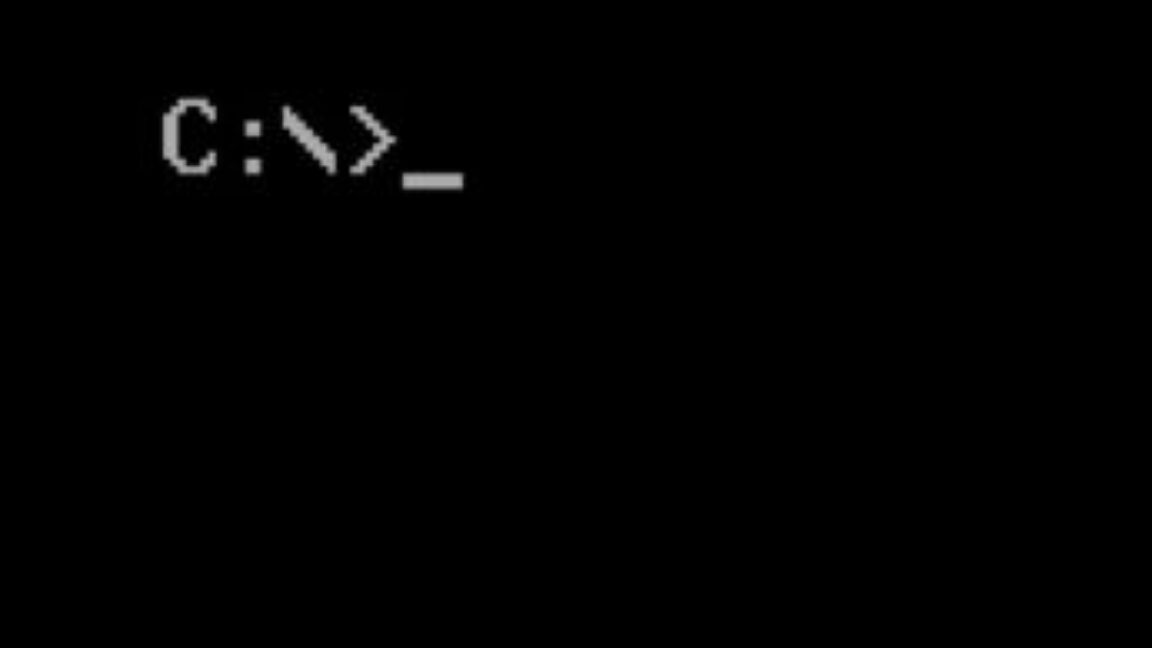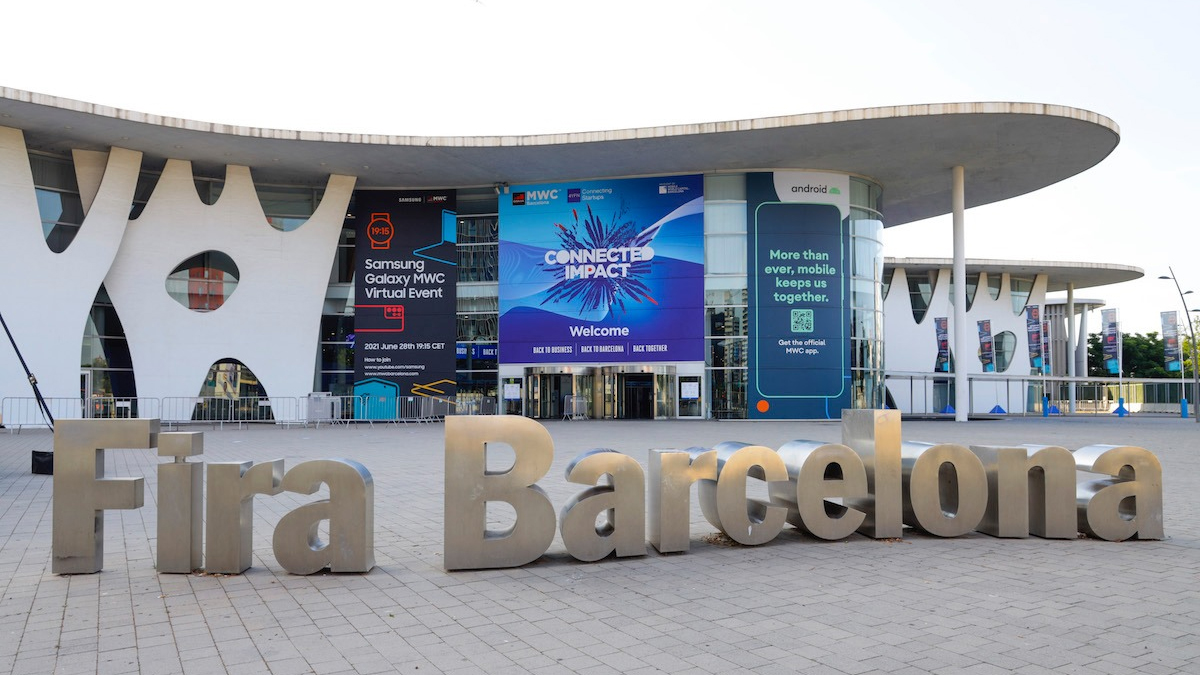Self-charging drones for power line inspections land top prize at UW enviro innovation contest
A team of students from the University of Washington is developing self-charging drones that use AI to survey electrical lines to look for potential threats that could knock out power or spark a fire. The group is the winner of the $15,000 grand prize at the UW’s annual Environmental Innovation Challenge. Team Voltair competed against 22 student-created startups from around the Pacific Northwest in the final pitches held Thursday at Seattle Center. The students are tackling the challenge of energy grid reliability as demand is increasing thanks to the electrification of transportation, building heating and cooling, data center expansions, industrial manufacturing… Read More


A team of students from the University of Washington is developing self-charging drones that use AI to survey electrical lines to look for potential threats that could knock out power or spark a fire.
The group is the winner of the $15,000 grand prize at the UW’s annual Environmental Innovation Challenge. Team Voltair competed against 22 student-created startups from around the Pacific Northwest in the final pitches held Thursday at Seattle Center.
The students are tackling the challenge of energy grid reliability as demand is increasing thanks to the electrification of transportation, building heating and cooling, data center expansions, industrial manufacturing and other uses.
But grid outages are increasing due to issues such as extreme weather events, while line workers who maintain the infrastructure are retiring at rising rates.
“If you are considering getting an EV or installing a heat pump on your house or any sort of electrification, it doesn’t make a lot of sense if your power goes out every month. So ensuring 100% uptime of the power grid is a huge unlock for consumer electrification,” said Ronan Nopp of Voltair.
Voltair’s drones are designed to monitor thousands of miles of power lines, particularly in rural areas. The drones will initially survey for vegetation growing into the lines, with future plans to look for the degradation of insulators and other hardware. Their technology will use AI to analyze the videos and other data collected to identify problem areas, pinpointing sites for crews to check out.
The team developed the technology that allows the drones to take breaks and recharge directly from the power lines, saving the need to recall the devices — an important feature considering the distances spanned by utility lines.
The drones currently can operate semi-autonomously, but Voltair aims to make them fully autonomous.

The students have bootstrapped their effort so far. They’re talking to utilities about potential partnerships to test their system, and team member Hayden Gosch has been an intern at Seattle City Light for nearly two years.
“We interviewed over a dozen local utilities trying to find out what their pain points are, and what kind of product they’re looking for to help them with maintenance inspections,” Gosch said.
The next steps for Voltair are “working pretty rapidly towards a functional, minimum viable product,” Nopp said, and prepping for the UW’s upcoming Dempsey Startup Competition.
Other members of Voltair are Aryan Sharma, Hunter McKay, Andy Legrand and Isabella Crosby.
This is the 17th year of the student competition hosted by the Buerk Center for Entrepreneurship in the Foster School of Business.
Additional prize winning teams:
Metallyze (University of British Columbia, Electrical Engineering, Business, Computer Science, Environmental Engineering, Finance, Commerce)
- $10,000 second-place prize, presented by Kathryn Gardow
- Metallyze is targeting pollutants in wastewater with an IoT sensor network that can detect heavy metals in real time.
JanuTech (UW, Chemical Engineering)
- $5,000 third-place prize, presented by Alaska Airlines
- JanuTech is engineering a novel battery material to enhance the performance of drones used for deliveries.
EnviroTect (UW, Applied Bioengineering)
- $5,000 Climate Action Prize presented by the UW Clean Energy Institute
- EnviroTect is developing a device that filters the volatile gasses that are released into the environment during surgical procedures.
Elementrailer (UW, MS in Entrepreneurship, Mechanical Engineering, Accounting and Entrepreneurship, Technology Management MBA, Environmental Science)
- $2,500 Reimagine Prize presented by Meliorate Partners
- Elementrailer is working on an electric-powered utility trailer that can address range anxiety for EV owners worried about the extra juice needed while towing, and also provide more a energy-efficient towing option for gas-powered vehicles.
Subvision Robotics (Simon Fraser University – British Columbia, Mechatronic Systems Engineering)
- $2,500 Leo Maddox Innovation in Oceanography Prize, with support from the Leo Maddox Family Legacy
- Subvision Robotics is building an autonomous marine rover for cleaning the hulls of ships that uses UV light and avoids the costs of hauling out a vessel for maintenance.
Solar IndusTrees (UW)
- $1,000 Connie Bourassa-Shaw Spark Award
- Solar IndusTrees is developing a low-cost, sustainable solution that enhances solar cell performance.
CureXsco (UW)
- $1,000 Connie Bourassa-Shaw Spark Award
- CureXsco is creating a cost-effective and sustainable solution for regenerating filters that are saturated with PFAS or “forever chemicals.”
A record 43 teams entered the contest this year. Other participating schools included UW Tacoma, the Global Innovation Exchange, Portland State University, Gonzaga University, and the University of Idaho.
Past contenders have launched startups to commercialize their technology. They include PFAS destroyer Aquagga; beanless coffee maker Atomo; wastewater membrane innovator Membrion; and sustainable beverage producer NoWhere Foods.











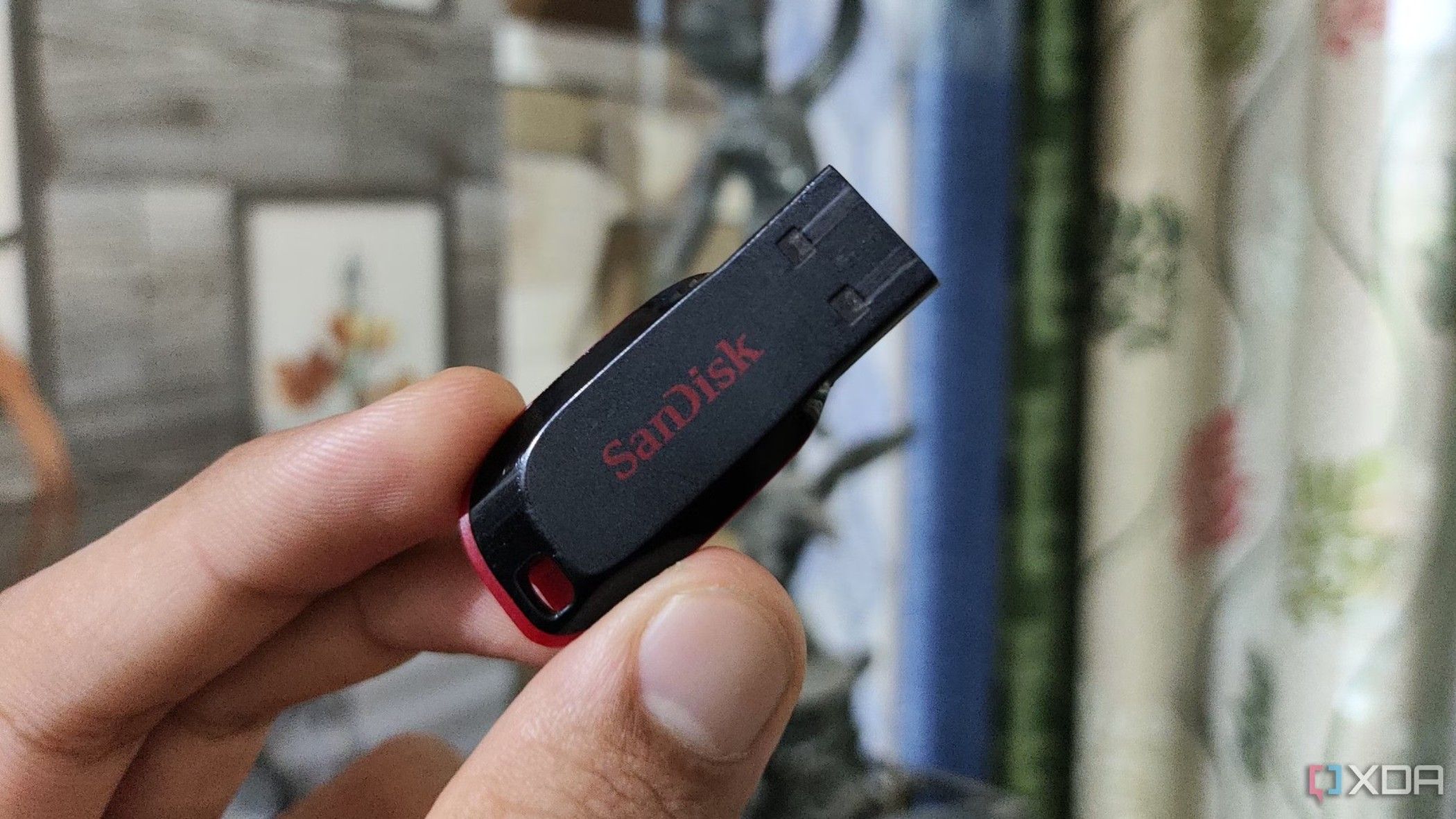
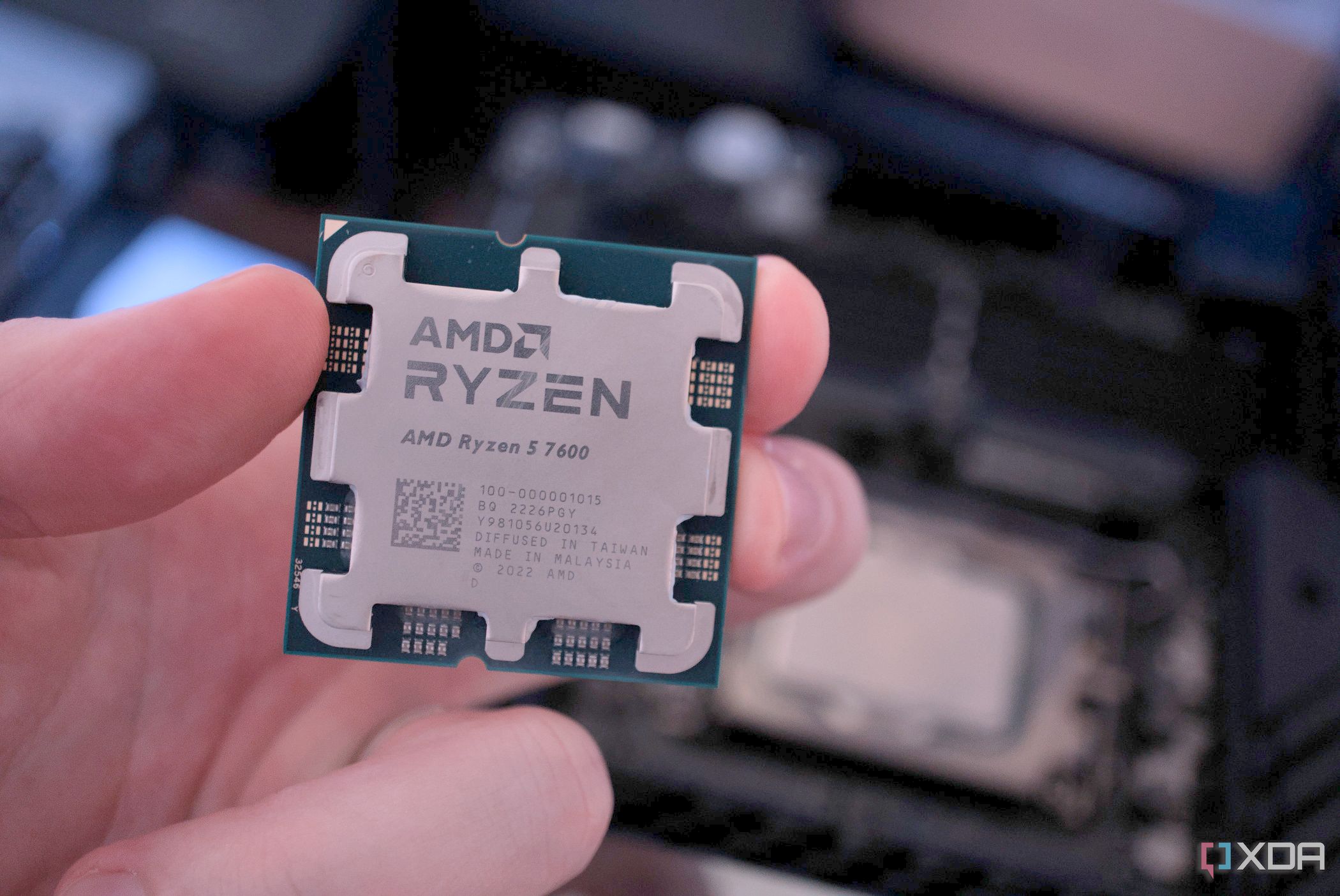
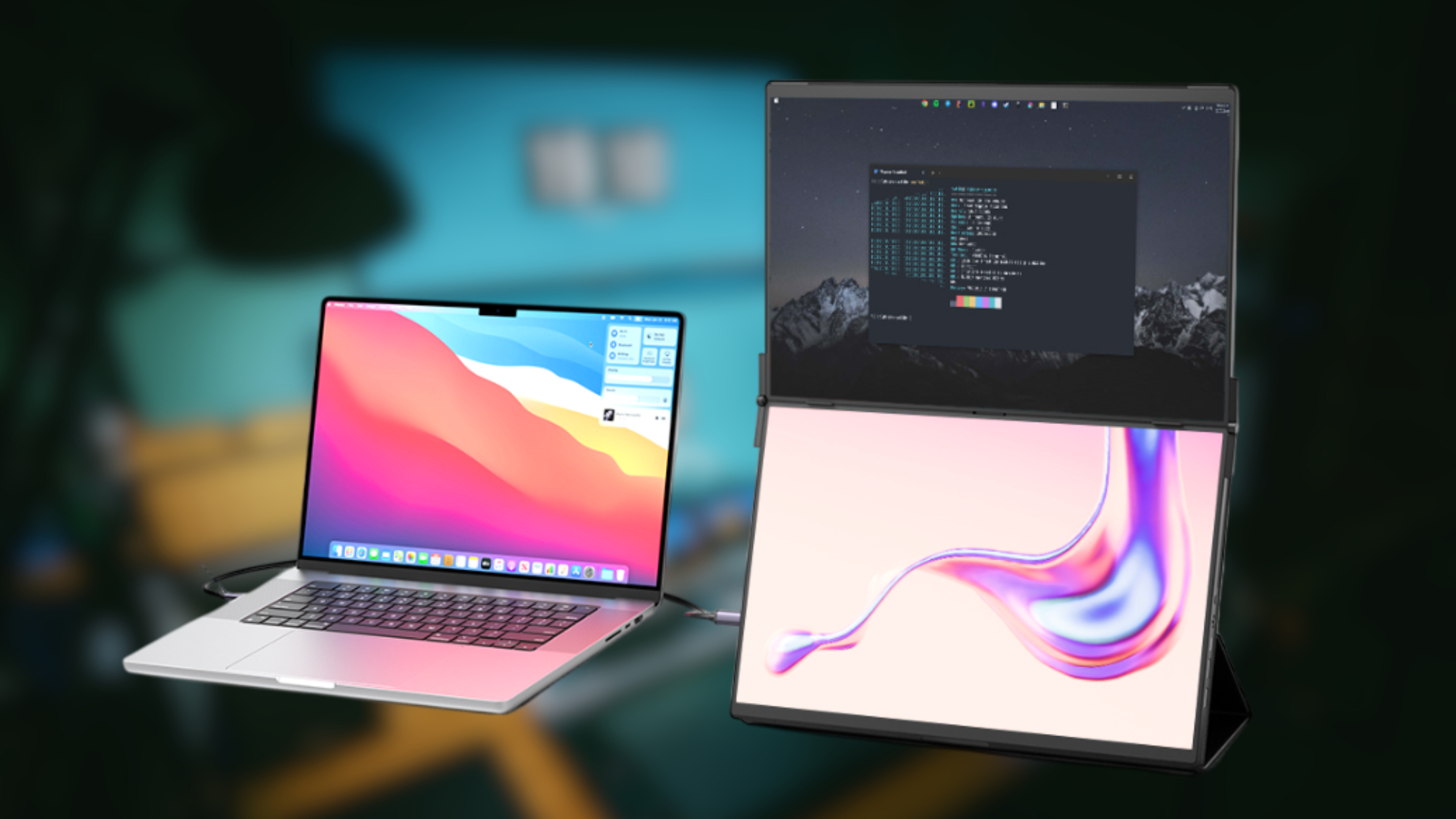

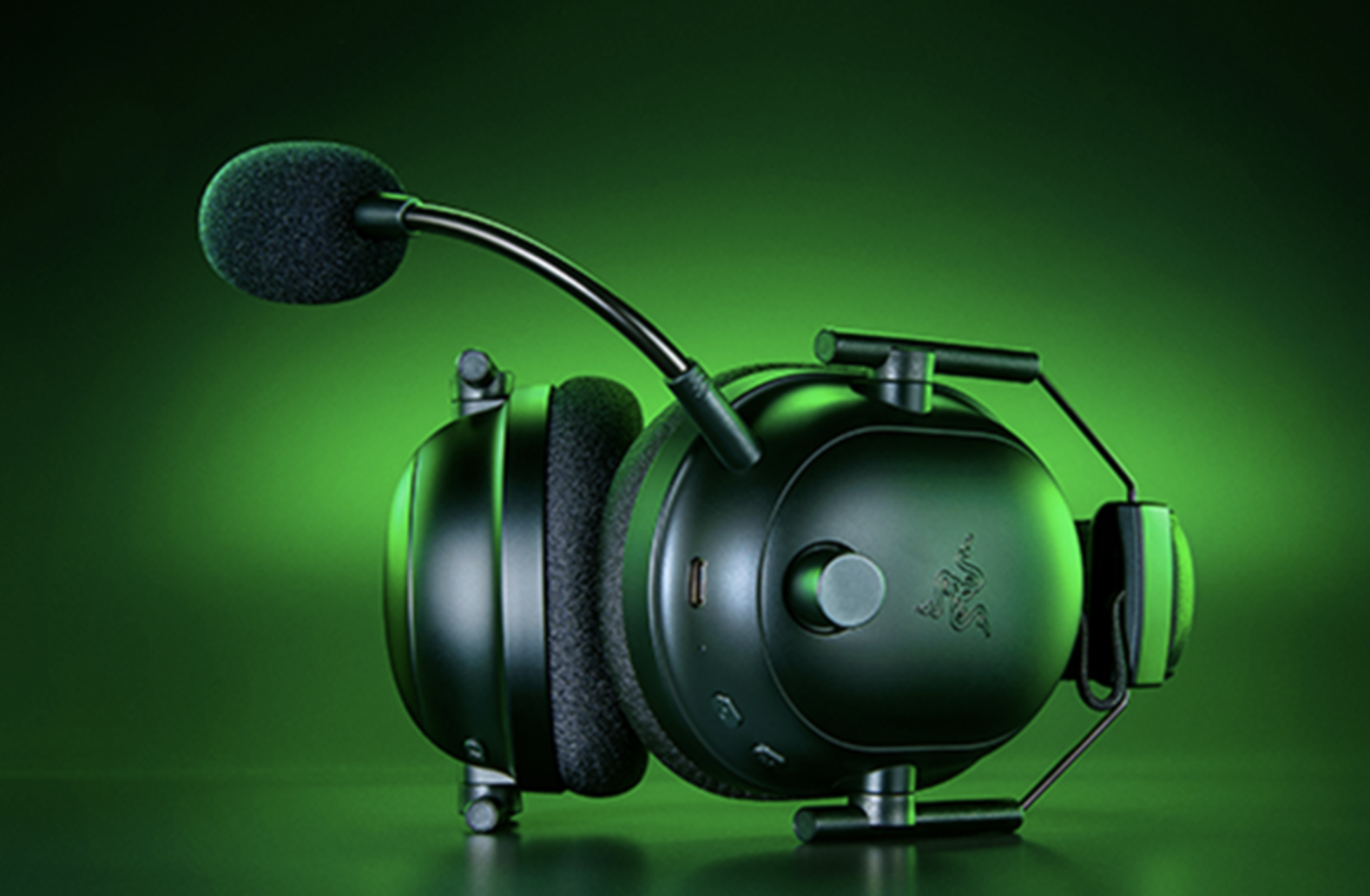
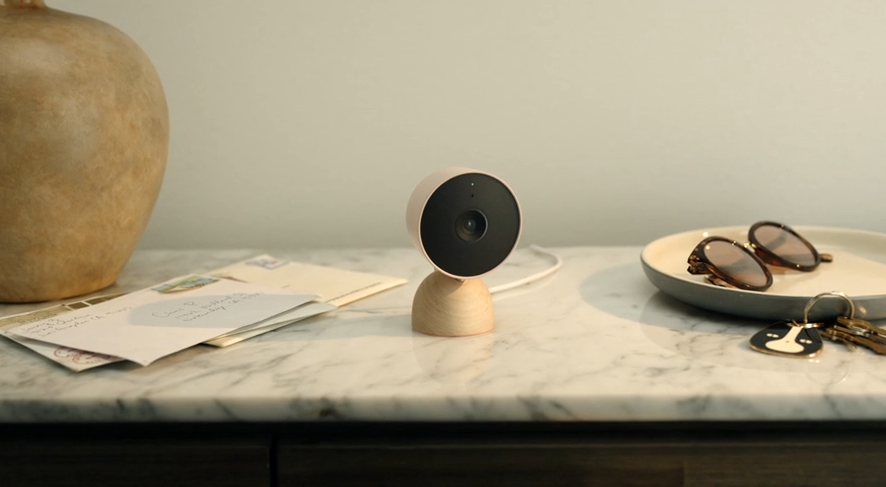













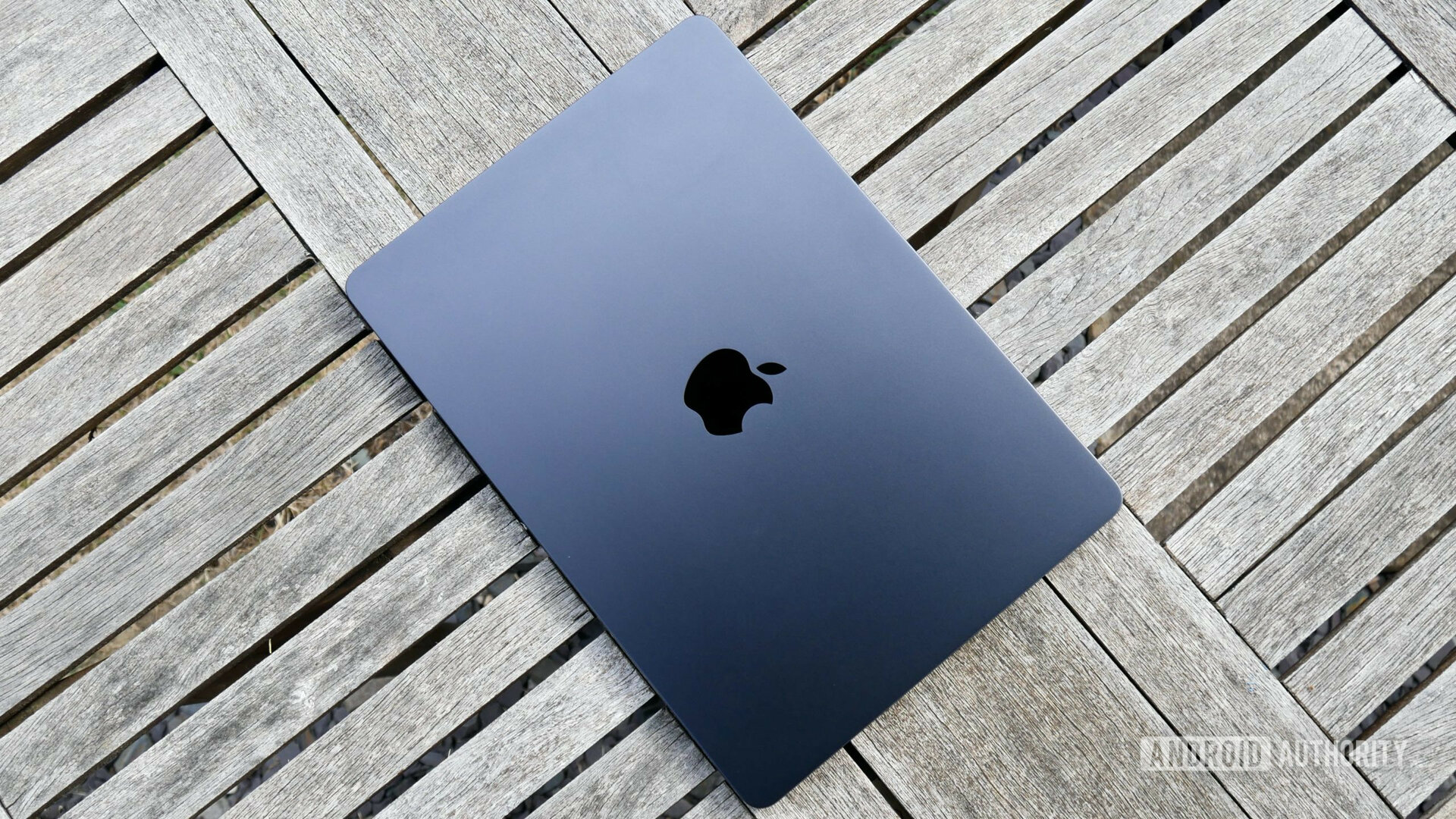
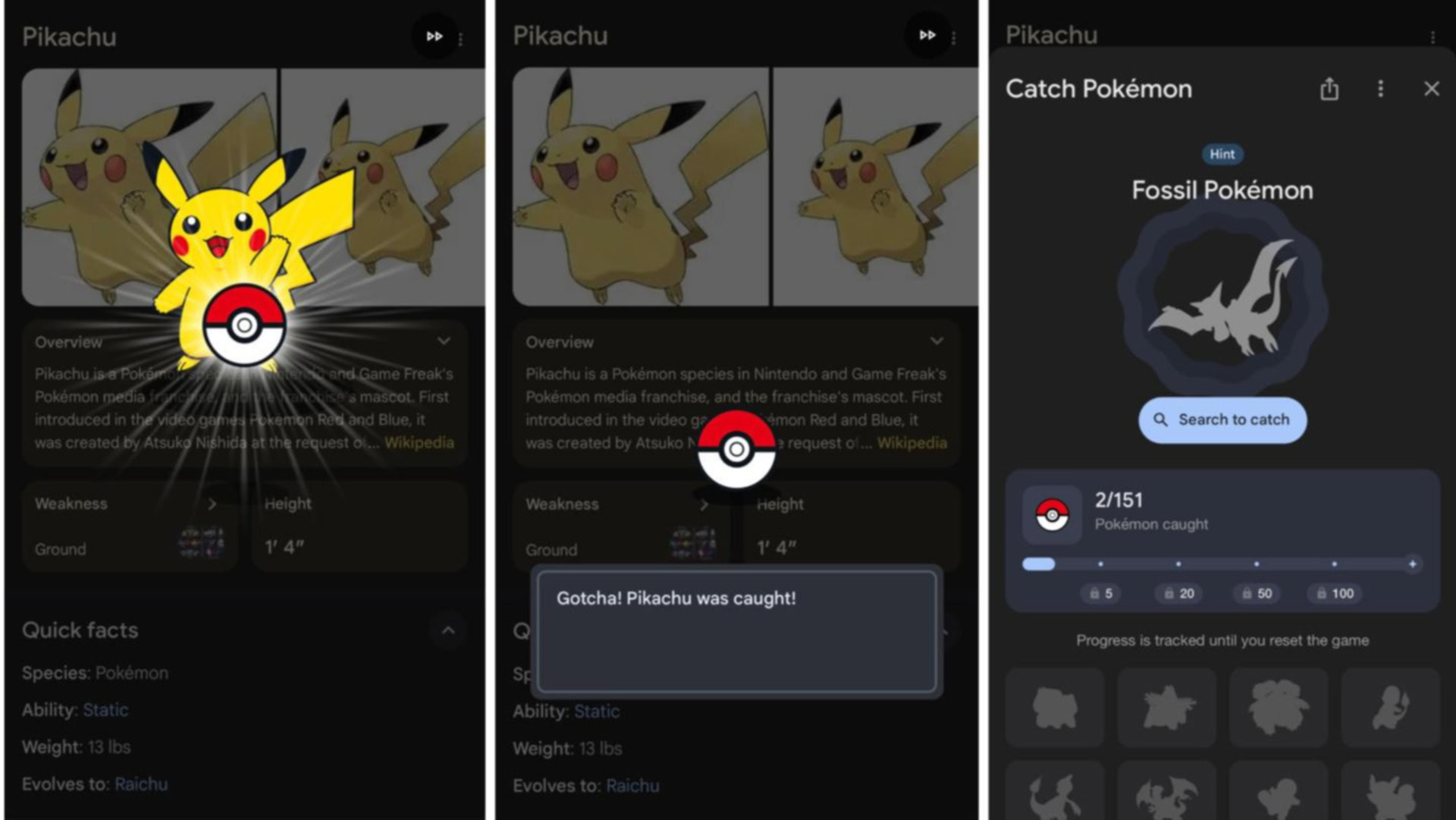
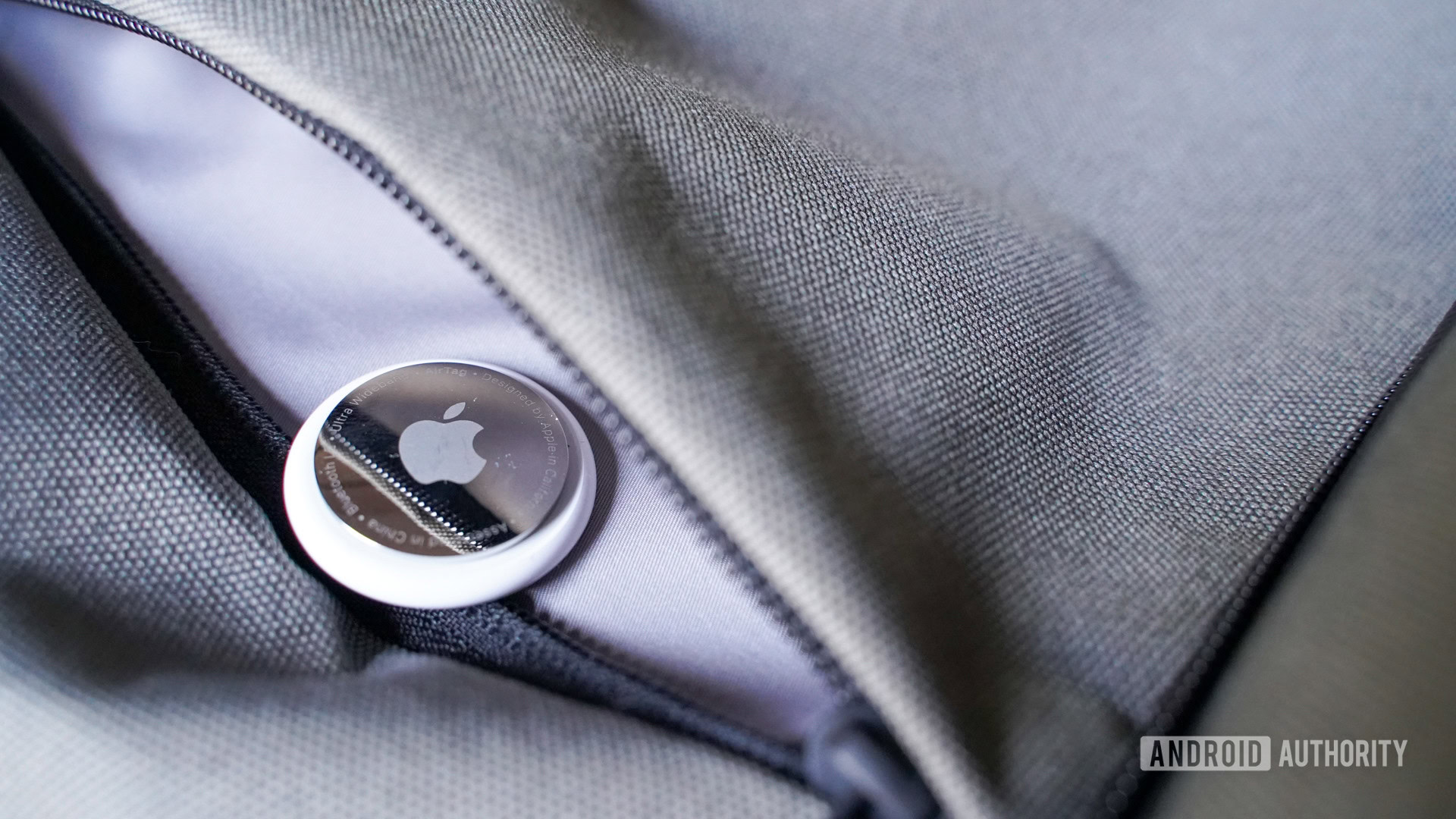
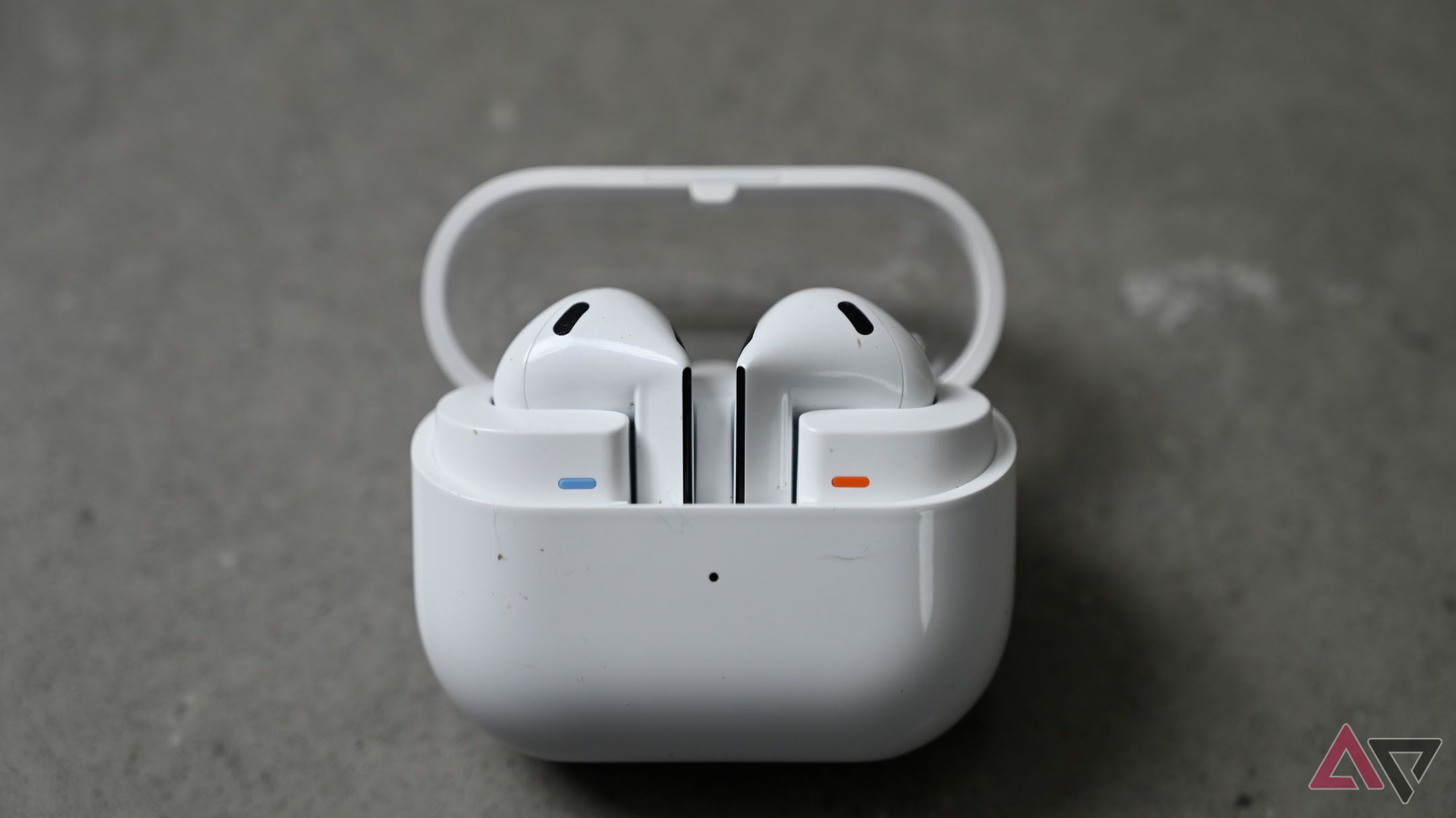





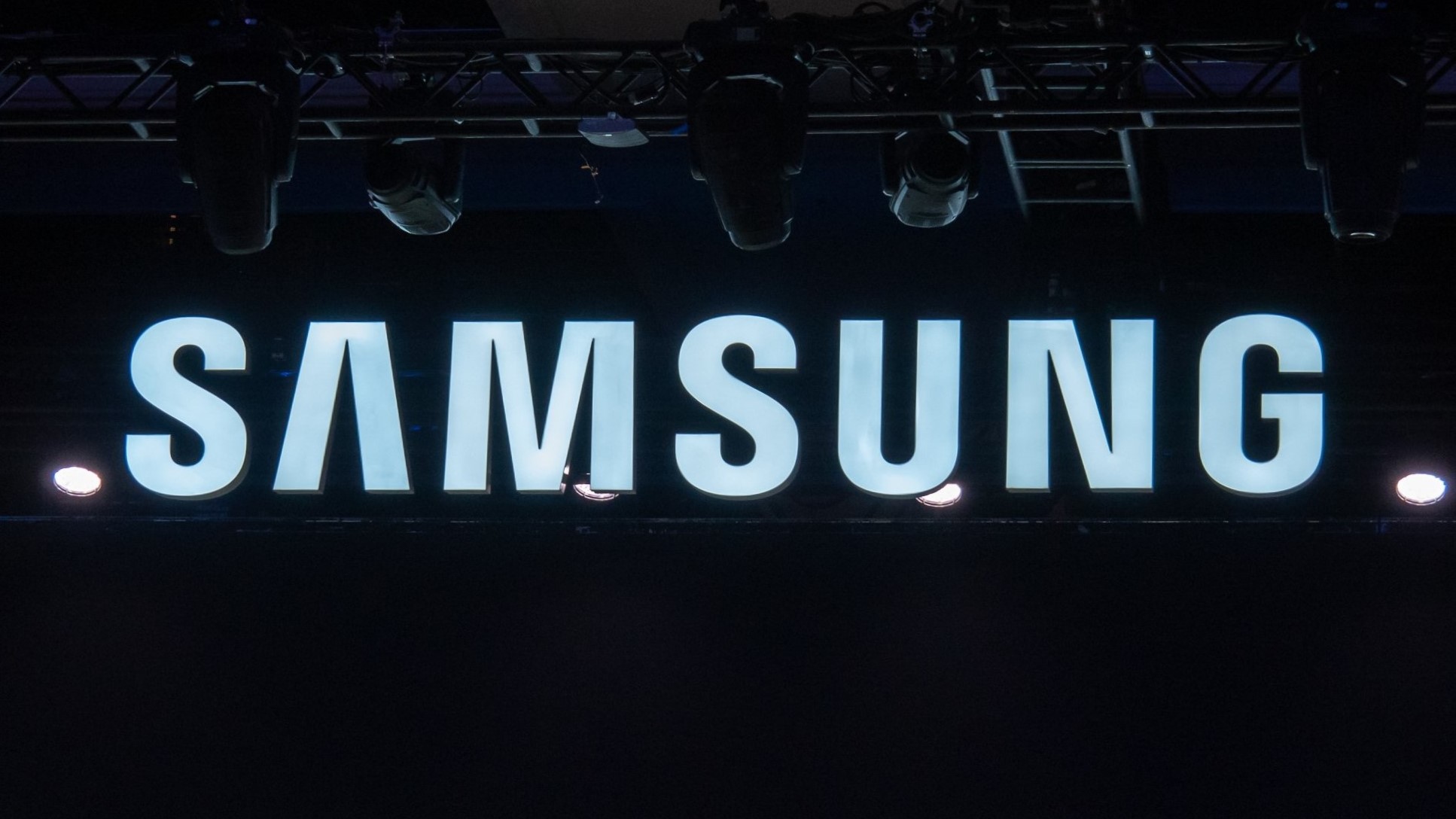




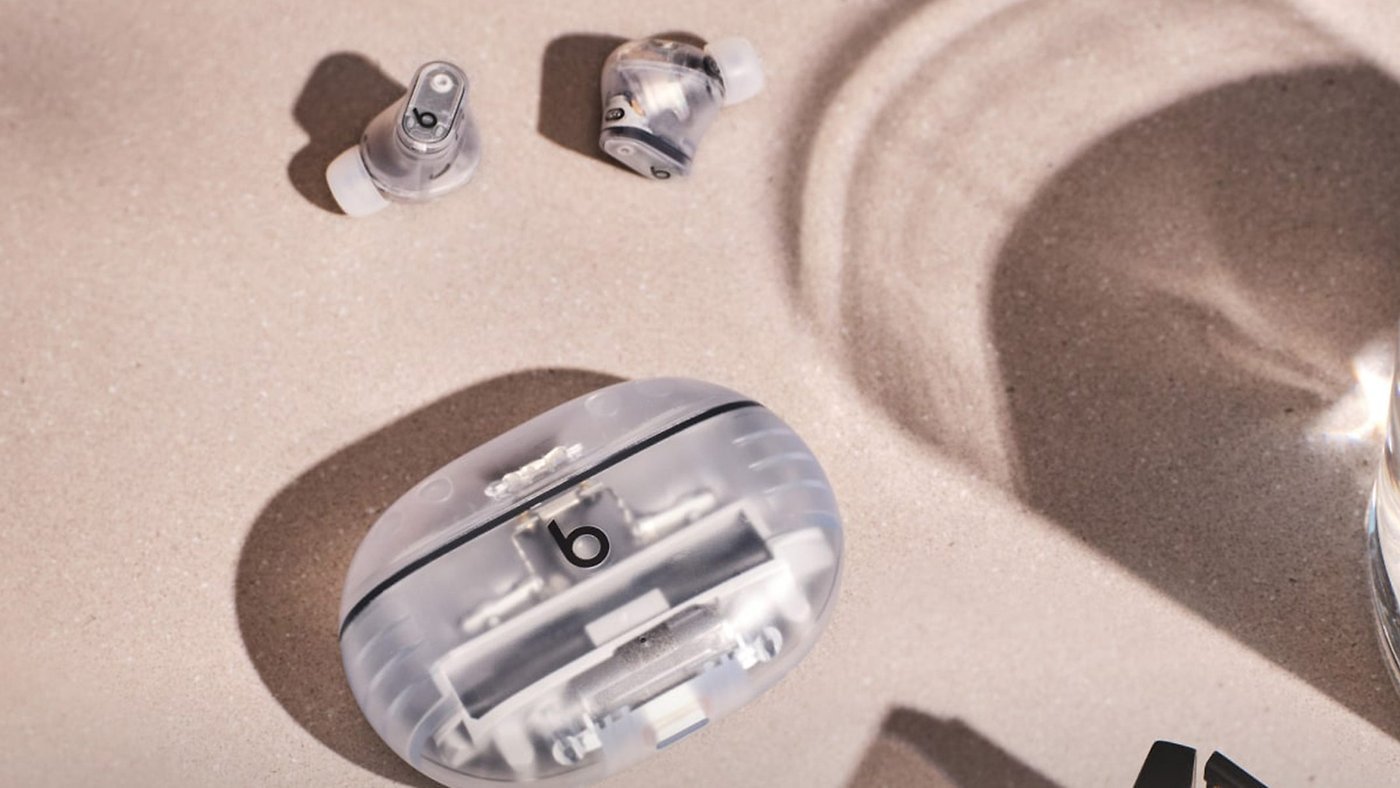
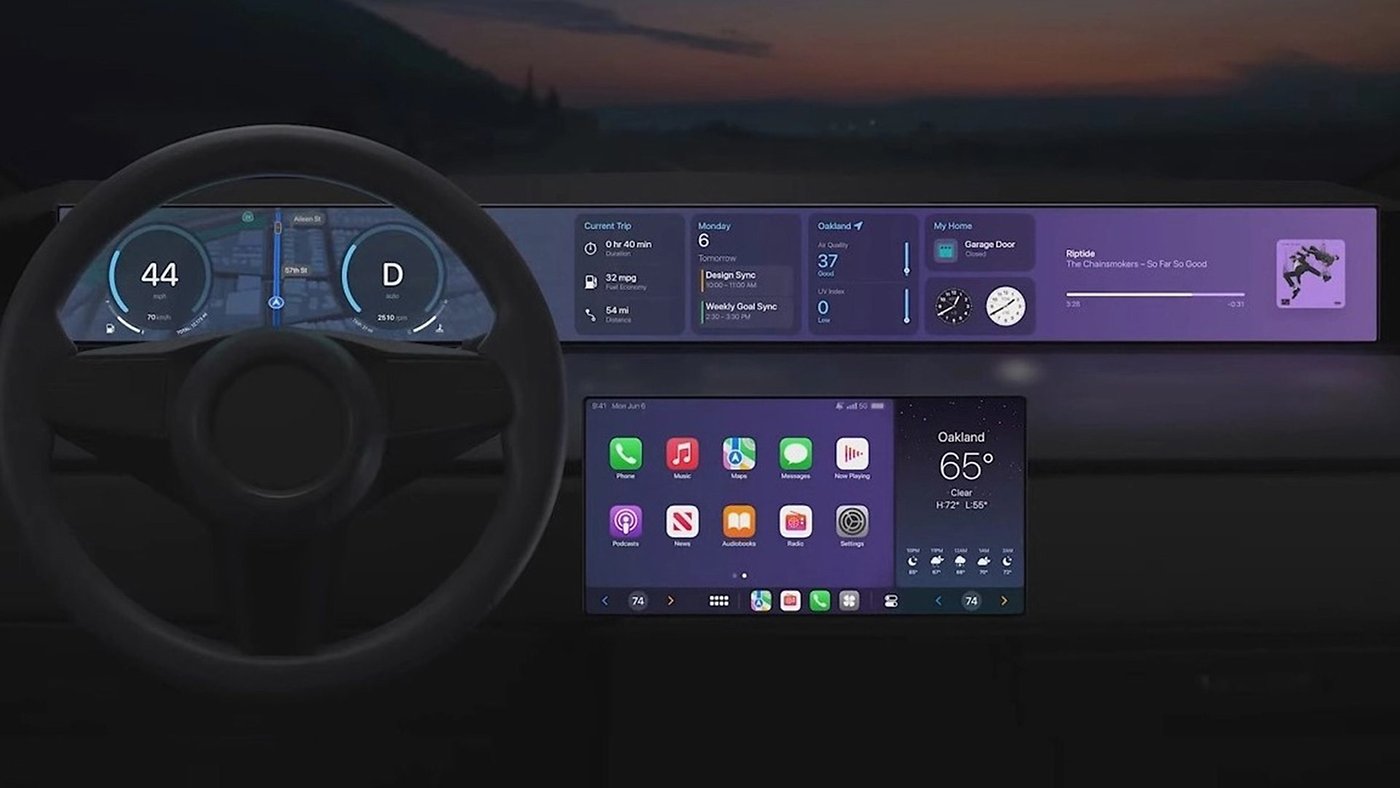
































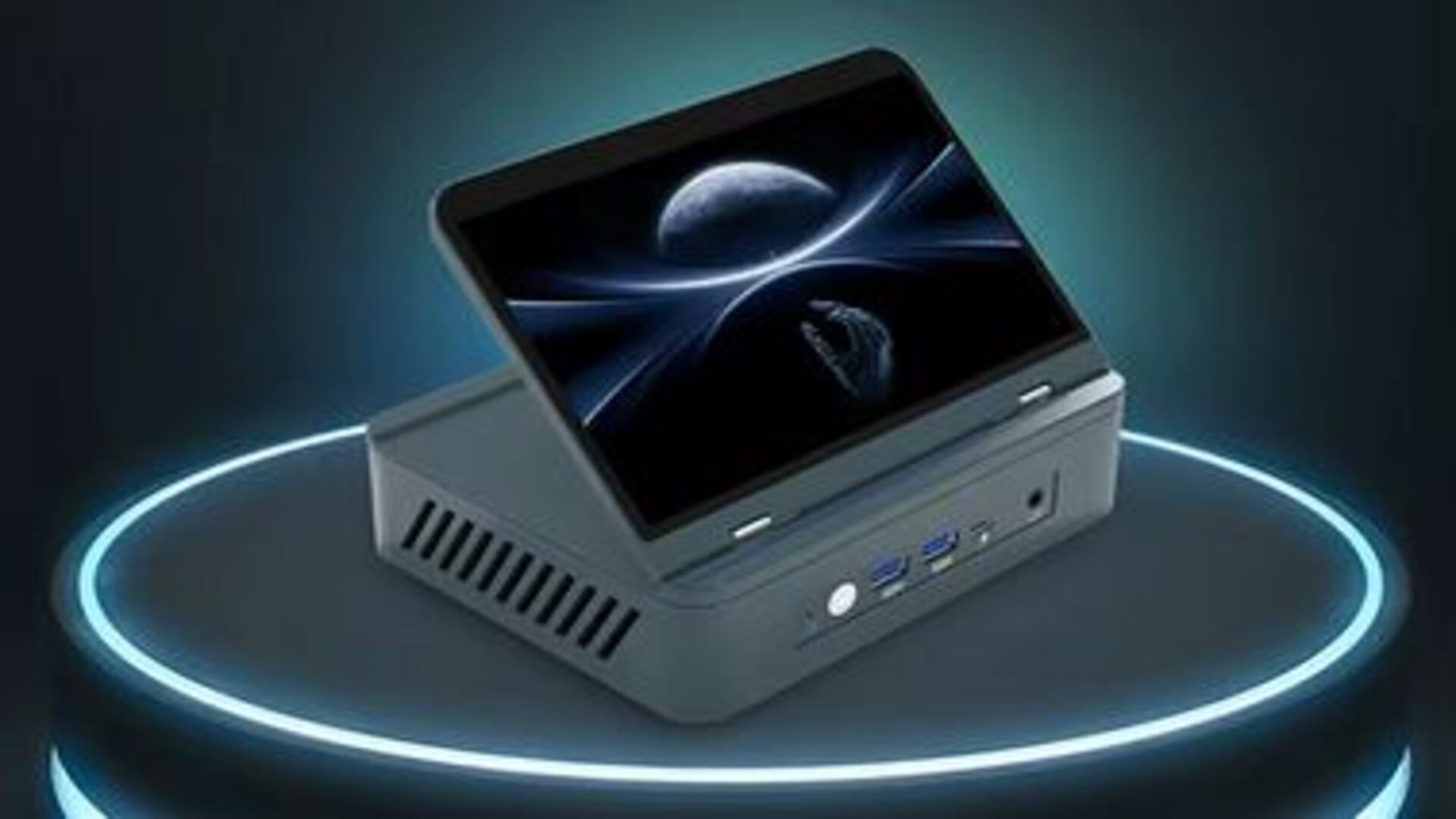
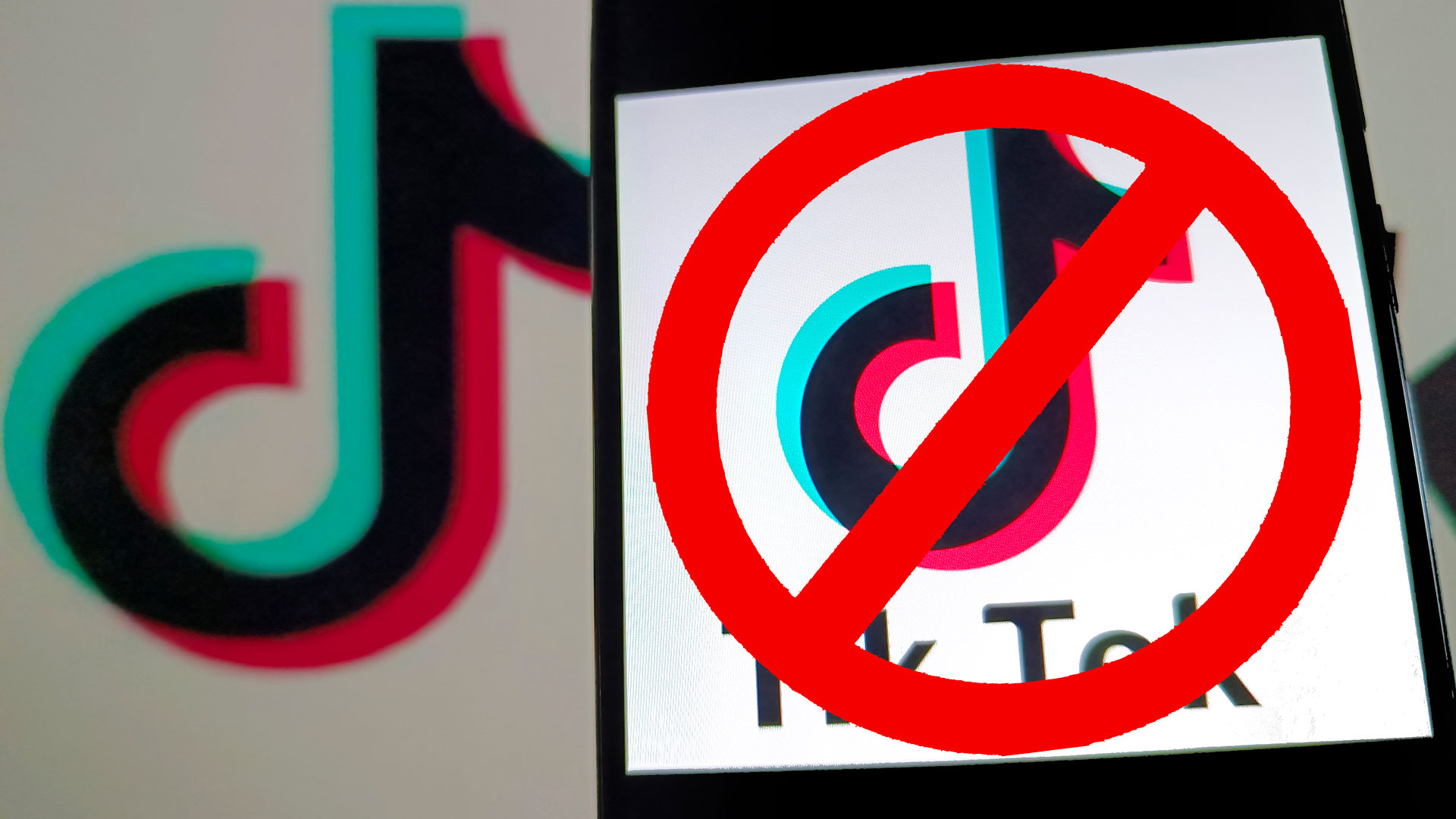
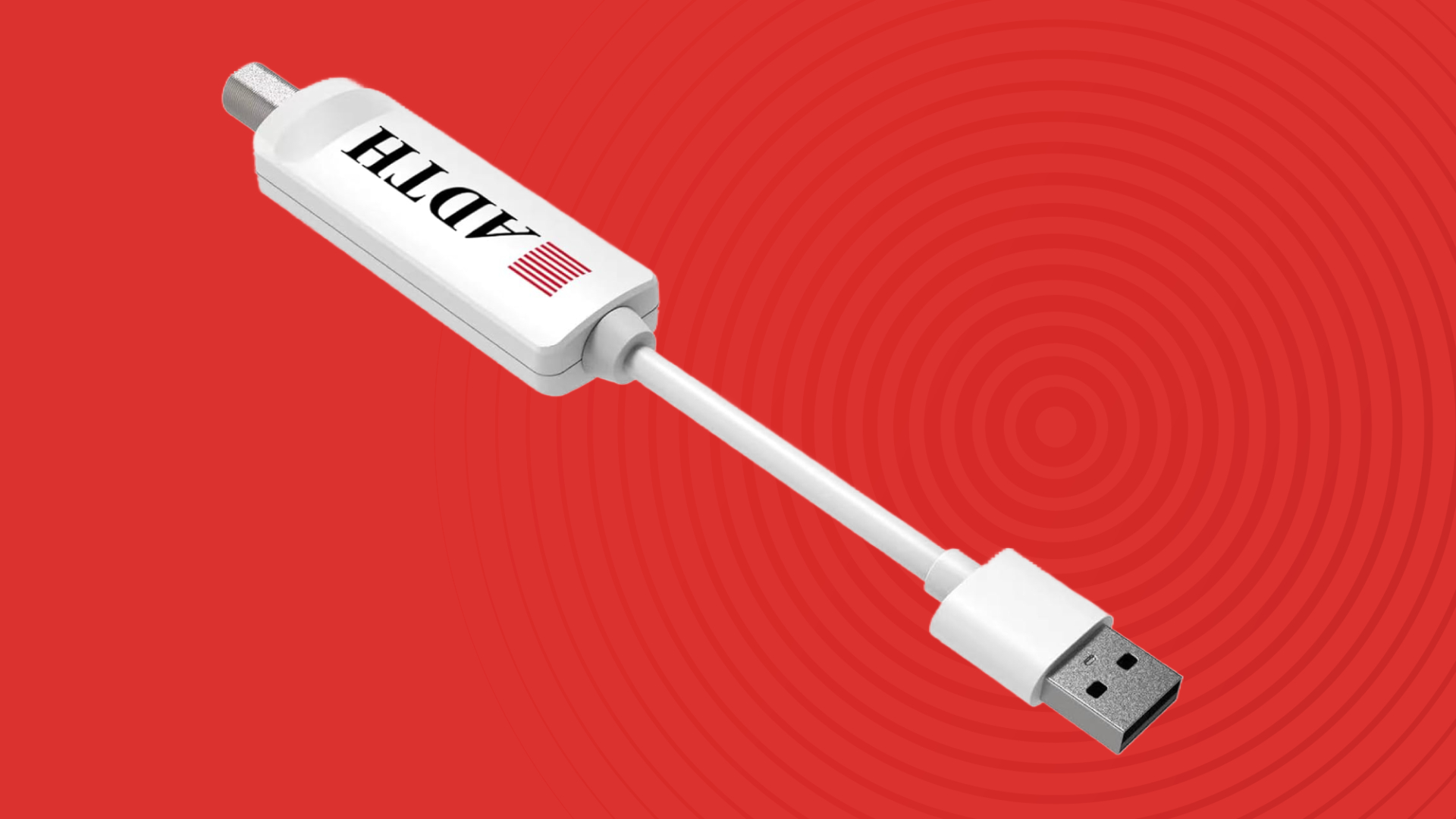




































.jpg)
%20Abstract%20Background%20112024%20SOURCE%20Amazon.jpg)







